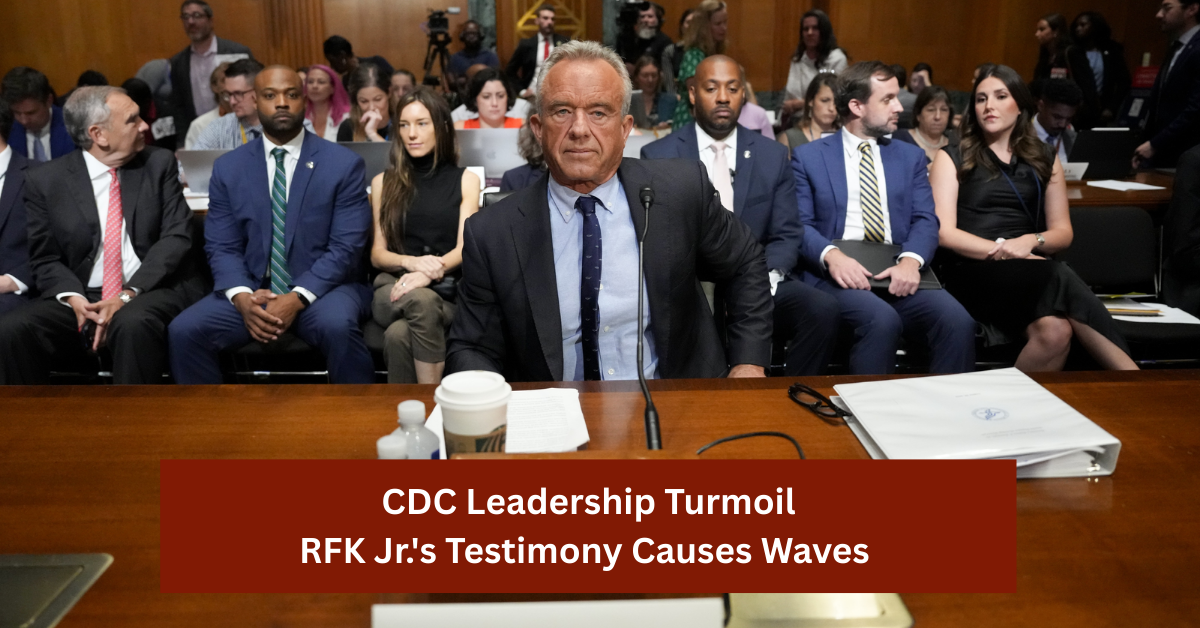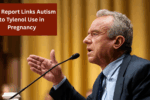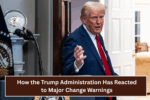The Centers for Disease Control and Prevention (CDC), a key health agency in the United States, is currently facing a major crisis. Recently, a series of high-profile resignations shook the organization, leaving many to question the future direction of this vital health institution. The turmoil is drawing widespread attention as it happens during an ongoing debate about vaccine policies.
Adding fuel to the fire, Robert F. Kennedy Jr., a well-known critic of vaccines, testified before government officials. His presence and words have intensified scrutiny on the CDC’s approach to vaccine recommendations and public health decisions. Let’s explore what is happening inside the CDC, why so many leaders are stepping down, and what RFK Jr.’s testimony means for public trust and policy.
What Is Causing the Leadership Crisis at the CDC?
The CDC has traditionally been a trusted agency for disease control and prevention. However, recent months have seen a wave of resignations from top officials. Experts believe these departures are the result of internal disagreements over handling recent public health challenges, especially vaccine strategy during the COVID-19 pandemic.
Many insiders report that disagreements about transparency, communication, and political pressure have made it difficult for leaders to work effectively. This has led to significant concerns about the CDC’s ability to maintain its role as an independent and science-based organization.
RFK Jr.’s Controversial Testimony and Its Impact
Robert F. Kennedy Jr., known for his skepticism about vaccine safety, recently testified before a congressional committee. His statements challenged the CDC’s vaccine policies, claiming that public health recommendations have been influenced by pharmaceutical companies and government agencies without proper oversight.
RFK Jr.’s testimony has divided opinions sharply. Supporters argue that his views bring necessary attention to vaccine safety and transparency. On the other hand, many health experts warn that his claims could fuel misinformation, leading to lower vaccination rates and higher risk of disease outbreaks.
The Bigger Picture: Public Trust and Vaccine Policy
At the heart of this crisis is the question of public trust. When trusted institutions like the CDC are rocked by leadership changes and high-profile critics, many people feel confused and uncertain about who to believe. For younger audiences, who often rely on social media for updates, mixed messages can lead to skepticism or hesitation to follow health advice.
Vaccine policies remain essential in protecting communities from preventable diseases. The CDC’s guidance influences vaccine distribution, eligibility, and even mandates. Any disruption in the agency’s leadership or credibility could affect the success of vaccination campaigns and public health outcomes.
What Does the Future Hold for the CDC?
The CDC is currently under pressure to rebuild trust and stability. Experts suggest that transparent communication and a focus on science-based decision-making will be key steps forward. New leadership appointments are expected soon, with hopes of restoring confidence both inside the agency and among the public.
Additionally, ongoing debates around vaccine safety and regulation mean the CDC’s role will remain under close watch. It is important for the agency to engage with communities, including young people, by providing clear and reliable information free from controversy.
How Can Young People Stay Informed and Safe?
For younger readers, staying informed about health issues is critical. Always look for information from reliable sources, such as official health organizations and scientific experts. Be cautious of claims that lack strong evidence or seem too good or too alarming to be true.
Vaccination remains one of the most effective ways to prevent serious diseases. If you have questions or concerns about vaccines, talk to trusted healthcare providers rather than relying solely on social media or hearsay. Staying educated helps you make the best choices for your health and your community.
Conclusion
The CDC is facing a challenging moment with leadership resignations and intense scrutiny on its vaccine policies. RFK Jr.’s recent testimony has added complexity to an already difficult situation. As this story continues to unfold, it is vital for the public—especially younger generations—to seek out factual information and support science-based health decisions.
Understanding the importance of the CDC and vaccines can help build a stronger, healthier future for everyone. Amid the turmoil, accurate knowledge and critical thinking remain our best tools against misinformation and health risks.



